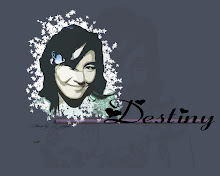By: MALIA WOLLAN
If there’s any truth to the Spanish proverb “an ounce of blood is worth more than a pound of friendship,” then consider the potential of genetic social networking. In October, two companies started social-networking Web sites based not on friendship, business connections or dating desires but on cheek-swab DNA tests. Participants fill out their genetic profile and link up with strangers who share DNA markers. Users can upload baby pictures and home videos, compare family trees and e-mail distant cousins to find out what life is like in the old country.
GeneTree.com and Ancestry.com’s new DNA Ancestry project both begin with a $100 to $200 DNA test. Once in the system, users participate in online DNA matchmaking games. At Ancestry.com, you see a Google map of the world populated with little figures representing your genetic relatives. Click on an orange-man dot in
A hallmark of social networking is the mad rush to accumulate online companions because no one wants to look lonely in cyberspace. And now DNA provides ample opportunity to build jumbo-size kinship networks quickly. “People just really like the idea that they’re connected,” says Scott Woodward of Sorenson Molecular Genealogy Foundation, a nonprofit group working with GeneTree. According to its Web site, GeneTree’s goal is to take any two people in the world, “sit them down and show them exactly how they’re related.” If you’re a mitochondrial “H,” you share a haplogroup with 40 percent of all people of European descent. This is what Woodward calls “deep linking.”
Source: The New York Times press release



No comments:
Post a Comment